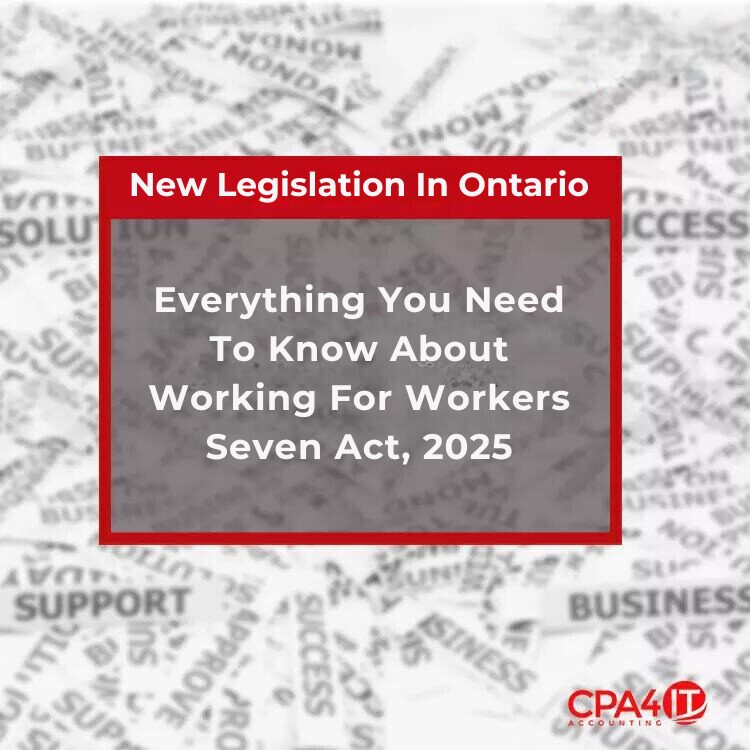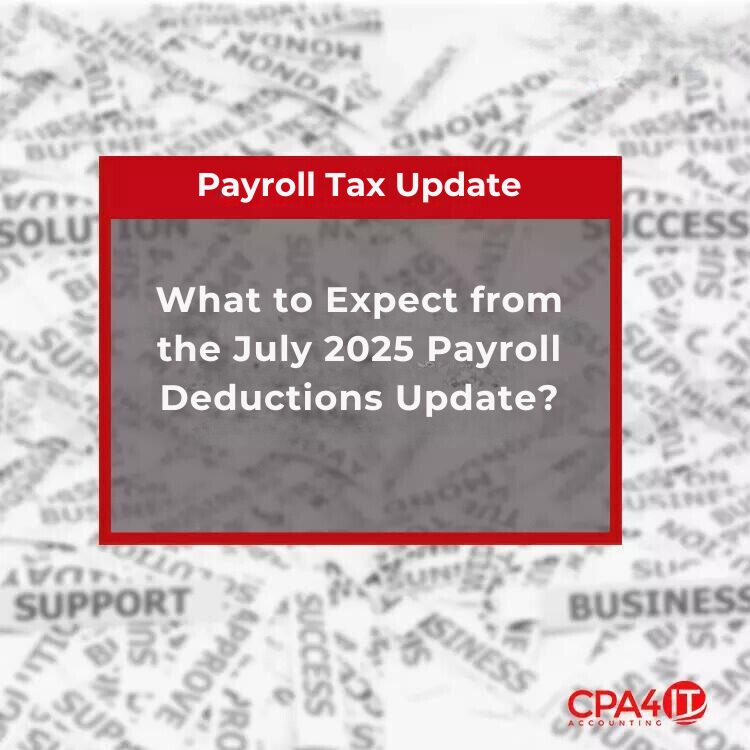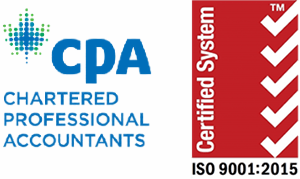
A professional corporation is an incorporated business providing professional services while regulated by a professional body. Incorporating your business creates a new legal entity and allows you to offer your services as a business rather than as an individual. The corporation acquires certain rights, such as the right to apply for a loan or obtain assets, alongside the obligation to file taxes as a corporation.
A professional corporation is a class of corporation that must be owned and operated by one or several professionals in a specific field. Whether the business can add shareholders who are nonprofessionals may be up to the province’s laws and the governing body for that profession.
Incorporating your business into a professional corporation has advantages and disadvantages. The choice to do so may depend on your unique situation and whether your province’s professional body grants you the tax benefits afforded to some of these businesses. Let’s talk about how professional corporation status works in Canada and whether it’s right for you.
Who Is a “Professional”?
In Canada, many professionals abide by regulations from an independent body. The professional body governs working professionals in the field and may require membership for professionals to practice legally. Some classic examples of professions include doctors, lawyers, engineers and architects.
For example, dentists in Alberta must be members of the Alberta Dental Association & College. Information technology (IT) professionals in Nova Scotia must hold an I.S.P. or ITCP designation through the Canadian Information Processing Society (CIPS) Nova Scotia.
Anyone whose line of work is governed by a professional body in their province and is an active member of that body is allowed to set up a professional corporation. And whether the business can do so is up to the field’s governing body. It’s critical to check with your province’s rules before considering a professional corporation for your business.
Benefits of Setting up a Professional Corporation
Several tax benefits can come along with operating as a professional corporation. However, because professional corporations are subject to tax rules for the professional body in the individual province, the benefits depend on your business’s circumstances. Professional corporations in Ontario may have different tax advantages from those in British Columbia. Some of the benefits of a professional corporation include:
1. Tax Deferral
When filing taxes as an individual, you’ll have a higher ceiling on your maximum personal tax rate. When filing as a professional corporation, your highest tax rate is much lower. Income earned through a professional corporation is taxed twice — once as corporate income and then again as personal income once it’s taken out of the corporation as a salary, which may allow you to defer your taxes.
The income will be taxed at a lower rate while it remains in the corporate bank account and won’t be taxed as personal income until you withdraw it. Deferring the personal taxes until you’re in a lower tax bracket is one of the main professional corporation tax advantages you may be able to use. Typically, the longer you keep the funds within your corporation, the more tax deferral benefits you’ll receive.
2. Possibility of Income Splitting
Some professional corporations can take advantage of income splitting to reduce their tax liability. Income splitting involves distributing some of the corporation’s earnings to family members in lower tax brackets, lowering the amount of taxes you’ll owe. For example, if a business owner earns $140,000 and takes all the income themselves, they’ll be taxed at 26% for the last $53,939 in income earned in 2021.
The business owner could instead split that income between themselves and their spouse so that both earn $70,000. Then they’ll each only be taxed at 20.5% at the highest tax bracket. If the business owner distributes the income between themselves, their spouse and two adult children so that each individual earns roughly $35,000, all the earnings will be taxed at the lowest tax bracket of 15%.
Income splitting between family members through a professional corporation is not always possible since many professional bodies and provinces require professional corporations to only include shareholders who are members of the profession. Income splitting with minors may also incur a “kiddie tax,” where the child will be taxed at the highest rate regardless of their income.
3. Favourable Tax Rates on Dividends
Business owners can pay themselves using either salaries or dividends, which adds to the advantages of a professional corporation. The benefit of taking a salary is that the business can deduct the wages from its taxable earnings. However, business owners can also take dividends, which are not deductible.
To make up for this, the Canadian Revenue Agency (CRA) taxes dividends more favourably than personal income. So, when your business is a professional corporation, you can reduce your personal tax liability by taking dividends. Many business owners take some combination of personal salary and dividends to enjoy the most tax savings possible. Consult with a tax professional to learn what’s best for your business.
4. Flexibility in Employee Benefits

Outside of direct tax benefits, your business can offer certain employee benefits that sole proprietorships and business partnerships cannot. For example, you can offer Individual Pension Plans (IPPs) and Retirement Compensation Arrangements (RCA) that can make your business a more desirable place to work.
Disadvantages of Setting up a Professional Corporation
Setting up a professional corporation may not be the best tax strategy for some professionals. When deciding whether to incorporate your business, it’s crucial to weigh the potential downsides, which include:
1. Increased Cost and More Complexity
A corporation is its own legal entity, and it requires shareholders, directors and officers to conduct business on its behalf. As such, corporations have more complicated business structures with more administrative costs. They also require annual shareholder meetings and certain record-keeping practices. Regardless of the organizational makeup, a director needs to sign off on any dividends issued, making it more challenging for a business owner to take funds from the business.
2. Restricted Personal Use of Corporate Funds
When you incorporate your business, you lose some freedom in spending your company’s after-tax income. While sole proprietors may use the funds as personal income, professional corporation shareholders must use their business funds within the business unless they withdraw it as a personal salary or dividend. Once the money has left the organization, it may be subjected to additional taxes.
3. Potential Double Taxation at Death
When the owner of a professional corporation dies, they’ll be taxed on the capital gains based on the company’s current value and the initial value of the shares purchased. For example, if you paid $100 for your shares and your company is worth $500,000 at the time of death, the surviving family would be required to pay a capital gains tax on the $490,900 earned since purchasing the shares.
Next, the family must take the funds out of the corporation and can only do so through a taxable dividend. They would be taxed on the total value of the $500,000 corporation twice — once through a capital gains tax and then again through a dividend tax.
While this scenario can be a significant downside, careful estate planning with a qualified tax professional can help you avoid double taxation.
Difference Between a Professional Corporation and a Nonprofessional Corporation
A professional corporation will have the same benefits and liabilities as a regular corporation in terms of taxes. Limited companies are also the same as corporations in Canada. However, a professional corporation has some distinctions from corporations and limited companies, such as:
- Professional corporations, like the professionals themselves, must answer to the corresponding professional body in their province.
- Some Canadian provinces and territories require that a professional corporation have only members of the same profession as voting shareholders.
- Whether shares can be held by family members of the professional, a family trust or a holding company is up to the individual province and professional body governing the professional corporation.
- Professional corporations do not protect against liabilities for professional negligence, meaning professionals can be sued for malpractice.
Along the same lines, it’s also important to discuss the differences between a professional corporation and a personal service corporation. Some people who operate as independent contractors would be considered a personal service corporation by the CRA. A common professional service corporation example is an IT consultant who works for one company as an in-house specialist and is paid like a contractor rather than a typical employee. If you have no employees and only one client, you can have serious tax consequences by creating a professional corporation.
Is a Professional Corporation Right for You?
Navigating setting up a professional corporation can come with a lot of questions. Besides weighing the pros and cons, you need to look at the rules for your professional body and the tax laws in your province or territory. If you’d like further guidance on whether you should incorporate, schedule a call with CPA4IT and we’ll help guide you toward the status that makes the most sense for your business.







